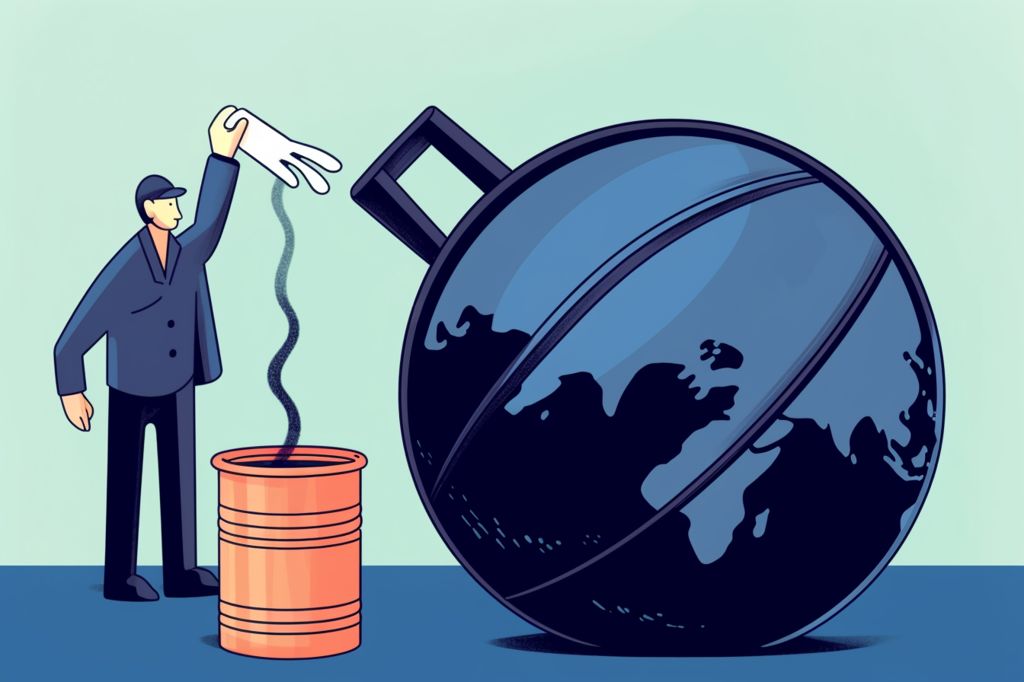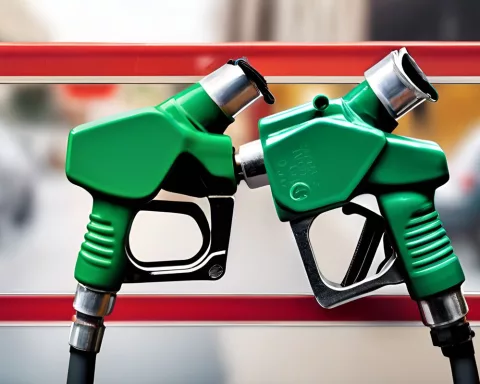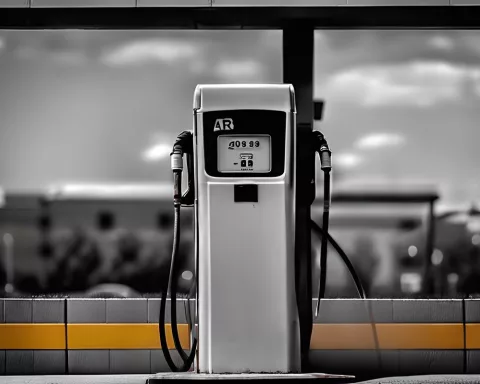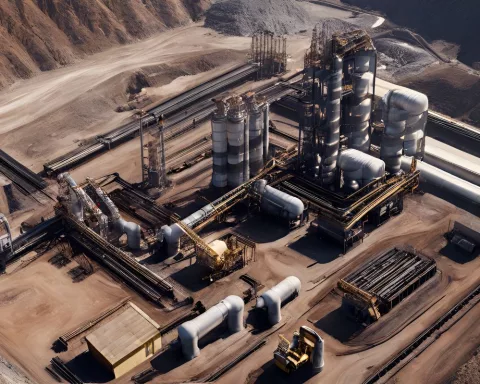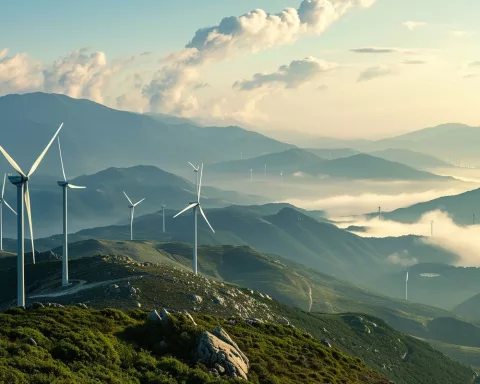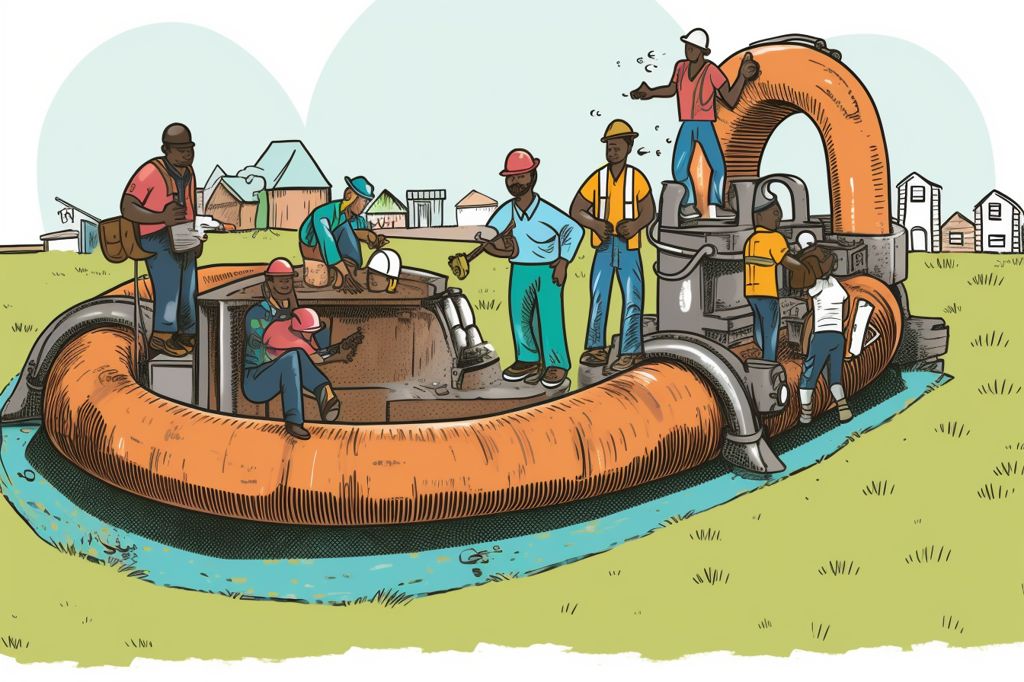South Africa’s Minister of Mineral Resources and Energy, Mr. Gwede Mantashe, has recently announced fuel price adjustments that will take effect from the 7th of June 2023. These adjustments are conducted on a monthly basis and are based on a range of local and international factors.
Factors Impacting Fuel Prices
The following factors have contributed to the adjustments in fuel prices:
Crude Oil Prices
During the review period, crude oil prices experienced a decline. The average price of Brent Crude oil dropped from 82.20 USD to 75.9 USD. This decline can be attributed to various events, such as lower economic growth in China, the collapse of a third bank in the US, and uncertainty regarding the US debt ceiling bill.
International Petroleum Product Prices
The decreasing trend of crude oil prices has also impacted international petroleum product prices. The average prices of petrol, diesel, and illuminating paraffin have decreased, while the price of LPG has increased.
Exchange Rates
The South African Rand depreciated on average against the US Dollar during the review period, resulting in higher contributions to the Basic Fuel Prices of petrol, diesel, and illuminating paraffin.
Slate Balance
The cumulative slate balance on petrol and diesel, as of the end of April 2023, had a positive balance of R1 265 million, resulting in no slate levy being applied in the petrol and diesel price structure for June 2023.
Carbon Levy
The Carbon Levy, an additional 1.0 c/l levy in petrol and diesel, has been removed as of the 7th of June 2023. The Fuel Levy will decrease to 395.0 c/l and 381.0 c/l, respectively, in the petrol and diesel price structures.
Fuel Prices for June 2023
Taking into account the above factors, the fuel prices for June 2023 will be adjusted as follows:
- Petrol (both 93 and 95 ULP & LRP): 71.00 c/l decrease
- Diesel (0.05% sulphur): 84.00 c/l decrease
- Diesel (0.005% sulphur): 80.00 c/l decrease
- Illuminating Paraffin (wholesale): 43.00 c/l decrease
- SMNRP for IP: 58.00 c/l decrease
- Maximum LPGas Retail Price: 75.00 c/kg increase
The fuel prices schedule for different zones will be published on the 6th of June 2023.
The announcement of fuel price adjustments by Minister Gwede Mantashe highlights the complexities involved in calculating fuel prices. These adjustments have the potential to impact South Africa’s economy and its citizens’ daily lives, underscoring the importance of transparency and clear communication in informing the public of these changes.

